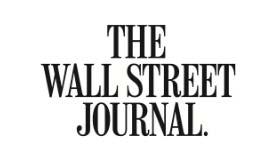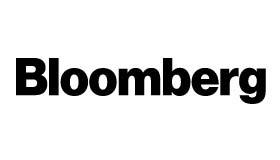The World Bank Monitors Progress on Financial Inclusion
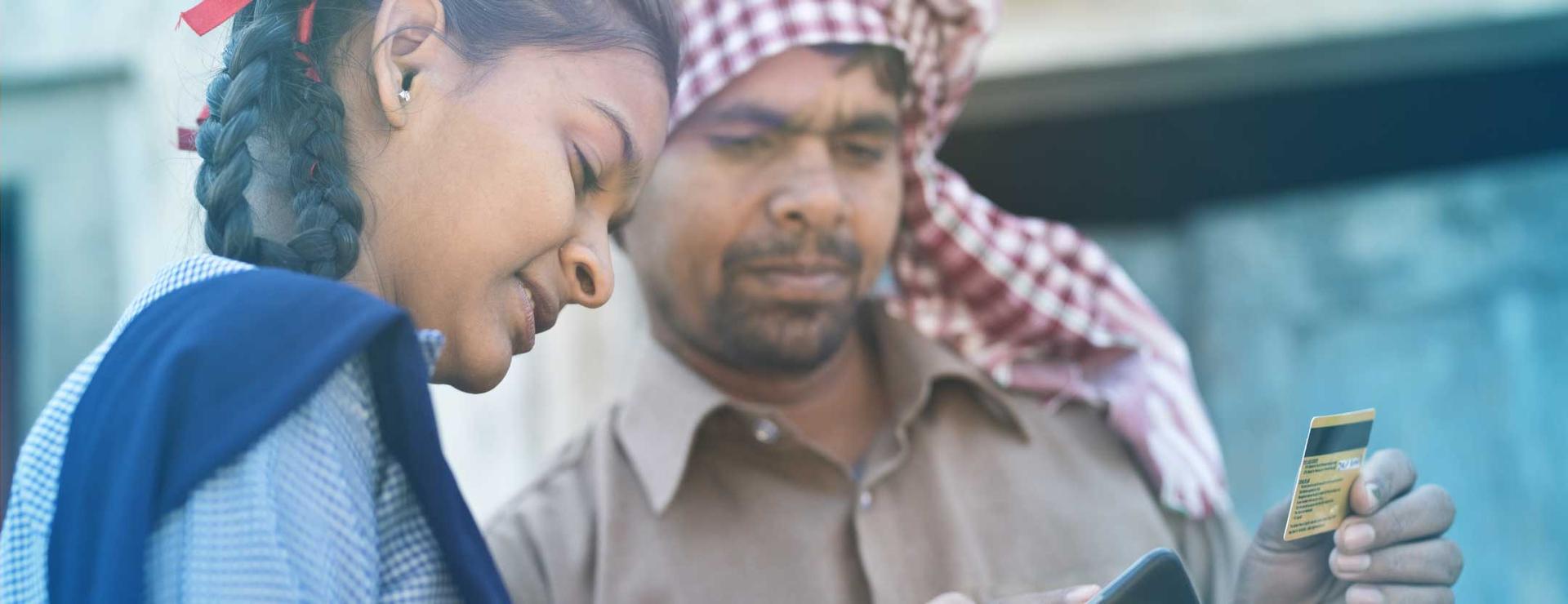
Featured in: CNN, AP News, Forbes, The Economist
Sustainable Development
Goal 8.10.2
World Bank Findex financial inclusion data are used by the United Nations to track progress on SDG 8.10.2, an official U.N. statistic measuring the most important issues in international development.
The World Bank Group has two goals: to end extreme poverty and to promote shared prosperity in a sustainable way.
With 189 member countries, staff from more than 170 countries and offices in over 130 locations, the World Bank Group is a unique global partnership: five institutions working for sustainable solutions that reduce poverty and build shared prosperity in developing countries.
These institutions engage the development community with real-world statistics, support countries' poverty reduction strategies, and provide analysis and advice for developing countries.
Measure How the World Saves, Borrows, Pays and Manages Risk
Bank accounts offer people a pathway out of poverty by helping them invest in education and business opportunities. They also make it easier to manage unexpected expenses -- like a hospital bill or the loss of a breadwinner -- that can push families into hardship.
The problem was that until a few years ago, there was no way to systematically track who had these bank accounts -- or how people around the world saved their money, accessed credit and managed financial risks. Researchers and policymakers who needed this information were forced to rely on a patchwork of incompatible household surveys and aggregated central bank data.
This all changed in 2011, when the World Bank, with funding from the Bill & Melinda Gates Foundation, combined its passion and mission with Gallup's expertise in measuring global public opinion to launch what would become the world's most comprehensive dataset on how adults save, borrow, make payments and manage risk -- the Global Findex database.
Drawing on survey data collected in collaboration with Gallup, the Global Findex database today covers more than 140 economies around the world. The initial survey round in 2011 was followed by a second one in 2014 and by a third in 2017.
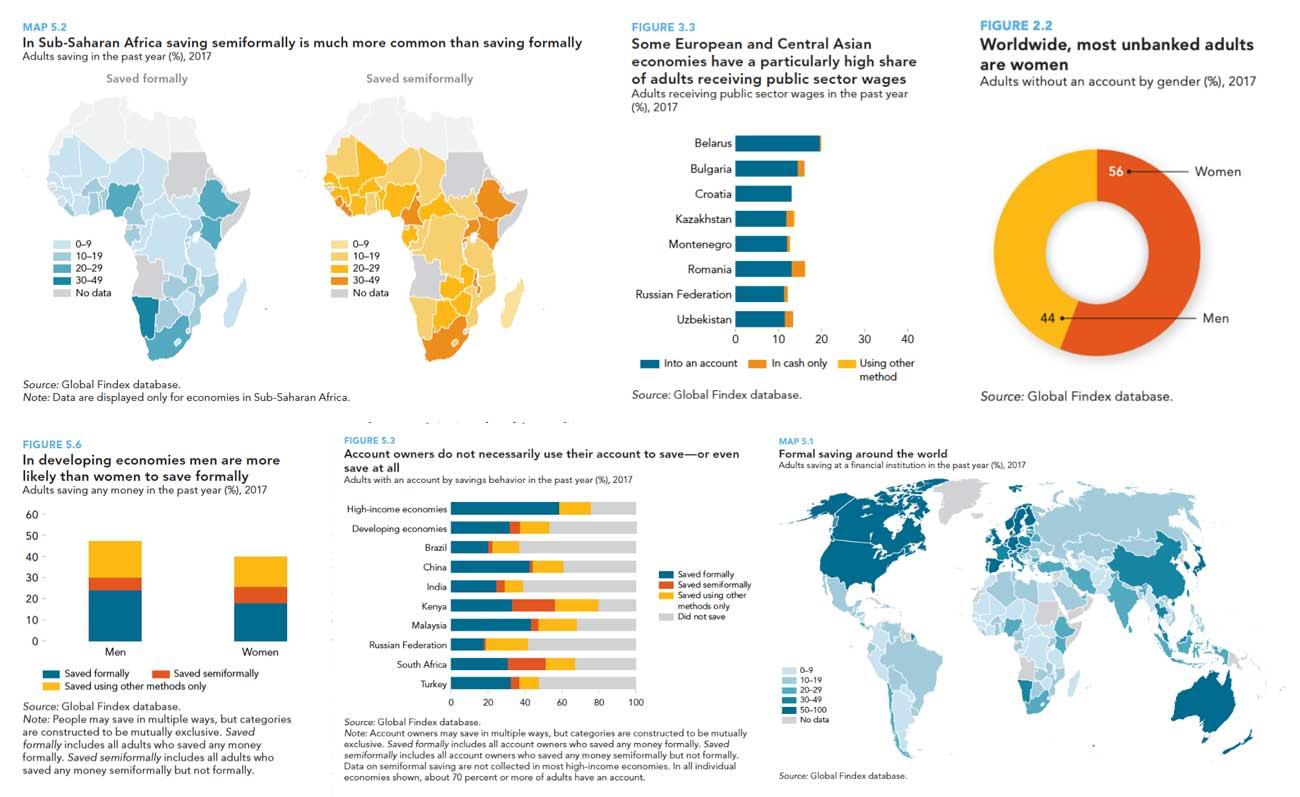
Capture a Comprehensive View of Global Financial Inclusion With the Global Findex
Gallup is the World Bank's research partner behind the data in the Global Findex database. Every three years, we conduct nationally representative surveys with adults aged 15 and older in more than 140 economies, tracking a host of indicators on how people use bank accounts, save money, access credit and manage financial risks.
As of the most recent survey in 2017, Gallup shows that 1.2 billion adults worldwide have opened a bank account since 2011, including 515 million in the past three years. Globally, 69% of adults -- 3.8 billion people -- now have an account at a bank or with a mobile money provider.
The 2017 edition of the database includes updated indicators on access to and use of formal and informal financial services, as well as new data on the use of financial technology (fintech).
100,000+
report downloads
3
global development goals
1.2 billion
adults who have obtained an account since 2011, as measured by the Findex
Global Findex Becomes a Mainstay of Global Efforts to Promote Financial Inclusion
In addition to being widely cited and used by scholars and policymakers, Global Findex data are used to track progress toward:
- the U.N.'s Sustainable Development Goal (Indicator 8.10.2)
- the World Bank's Goal of Universal Financial Access by 2020
- the G20 Digital Financial Inclusion Indicators
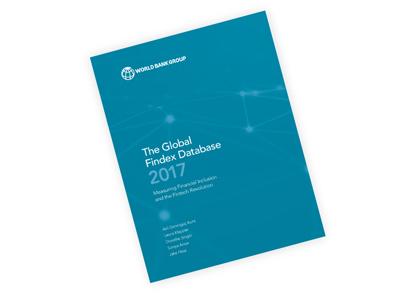
Learn more about The Global Findex Database 2017: Measuring Financial Inclusion and the Fintech Revolution.
To date, the paper based on the third edition of the database, Global Findex Database 2017: Measuring Financial Inclusion and the Fintech Revolution, along with overviews published in five languages, have been downloaded more than 100,000 times.
Many media outlets and organizations have written about or used the database, including Bloomberg, The Christian Science Monitor, CNN, The Financial Times, Forbes, The New York Times, The Wall Street Journal, the World Economic Forum and a host of others.
